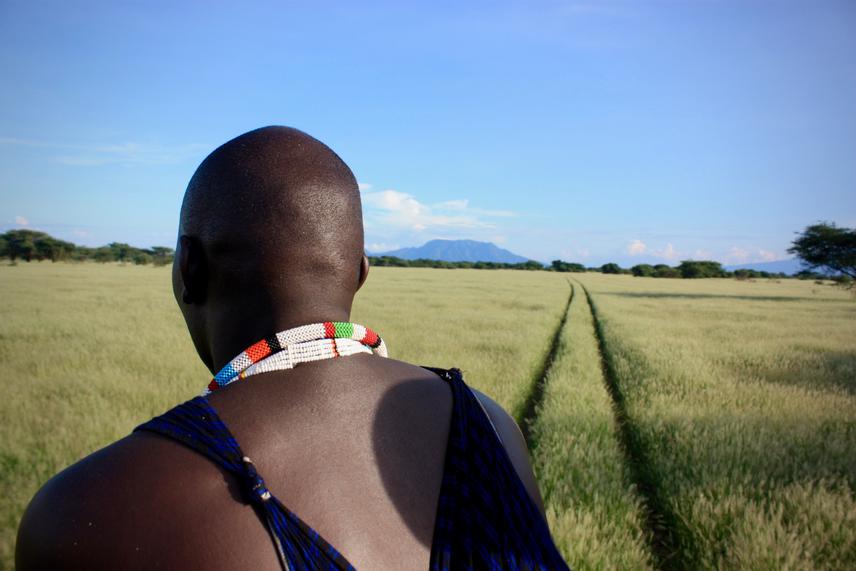Laura Rebecca Perry
Other projects
2 Feb 2018
Thinking Makes It So: A Psychological Approach to Livestock Management and Human-Carnivore Conflict
I am establishing a community and conservation programme in the Niassa National Reserve (NNR), in northern Mozambique. Using techniques from both social and ecological sciences, I will carry out the initial phases of what is likely to be a long-term conservation programme in the NNR. Specifically, in year 1 (for which I am requesting funding), I will implement two camera trap grids to determine basic densities of key resident species including African wild dogs, leopard, and lion. I will also establish a programme of community research, including basic welfare and livelihood metrics, attitudes, and conflict incidents in the protected area.

I have always been interested in large carnivores, and my research background runs from fundamental ecology to human-wildlife conflict (HWC). Over the past three years, I have developed significant expertise in the aspects of conservation that relate to communities, including the psychology of behaviour, attitudes and perceptions, and conflict. In 2019, I was invited to explore the potential for a community and conservation project in the NNR. After spending time in the area, I was able to design a programme of work to fulfil the scientific and social needs of the area. The proposed work design stems from these operational needs, with a view to providing long-term, evidence-based conservation. Very little research has been conducted in the NNR, despite its size and conservation importance. Aerial surveys provide the baseline for game counts but are perhaps the only long-term biological data collection that has been undertaken in the area. Virtually no social information is available on the communities living in the park, their sources of livelihood, or their relationship with the reserve. This lack of information prohibits evidence-based conservation. The data I plan to record will provide a critical baseline against which to compare future changes, and to measure the success of future conservation projects.
Not only does my planned research provide a baseline, but it is also critical for the identification of problems and possible conservation solutions. The activities outlined in this proposal will help me to identify such issues, for example unexpectedly low-density animal populations, significant sources of hardship for communities, and unsustainable resource use. As is the gold-standard for conservation projects, future interventions and management decisions will be based on this systematic research and designed with measurable targets in mind.
There are also specific park-wide activities to which my research will contribute. For example, hunting is allowed across the NNR. Research into wildlife density, particularly for leopards, will help inform sustainable quotas set by park management. These activities will occur in the first year of the proposed long-term conservation project. Carrying out this work, particularly the social aspects, will allow me to become familiar to local communities, and begin to establish the project.